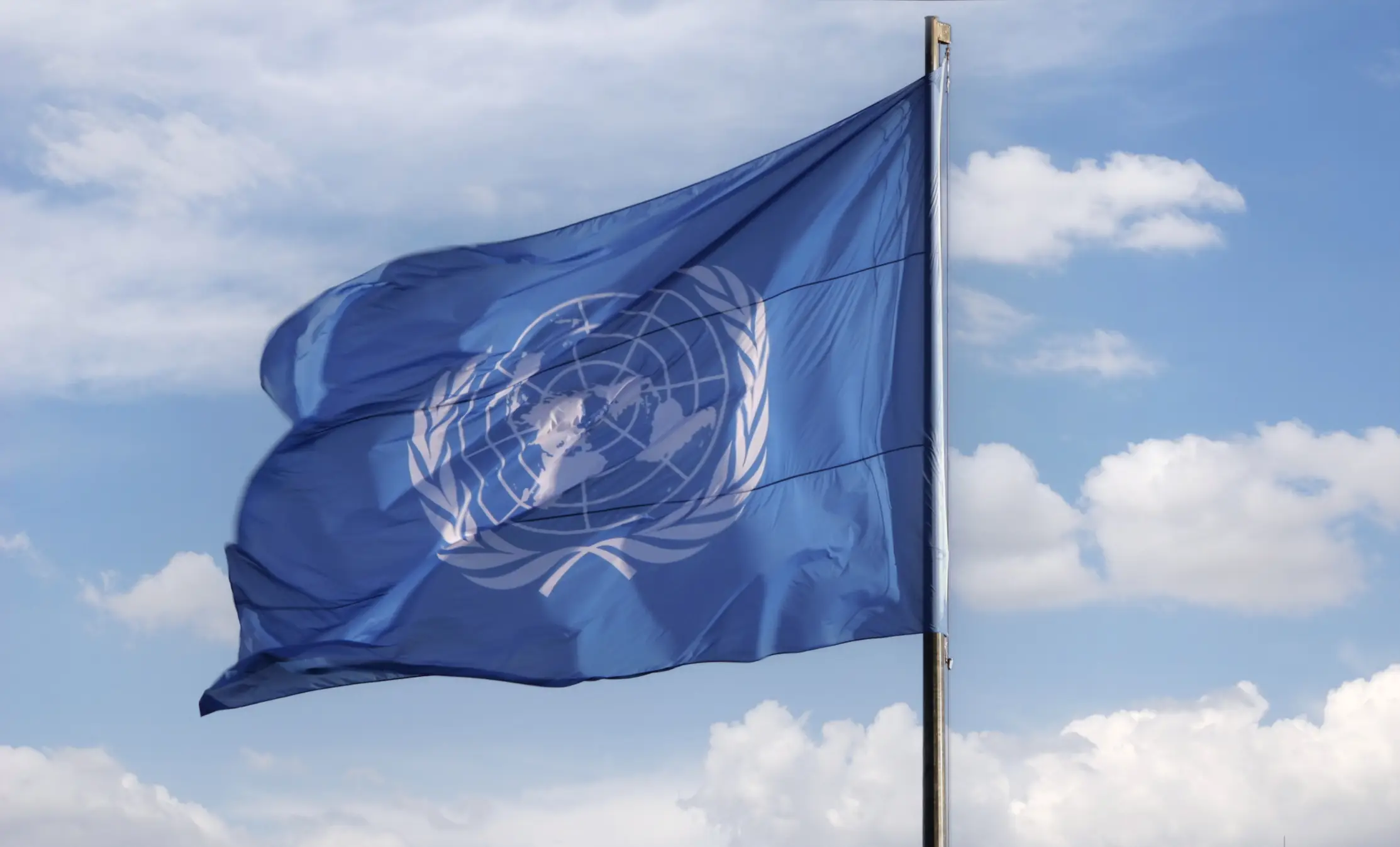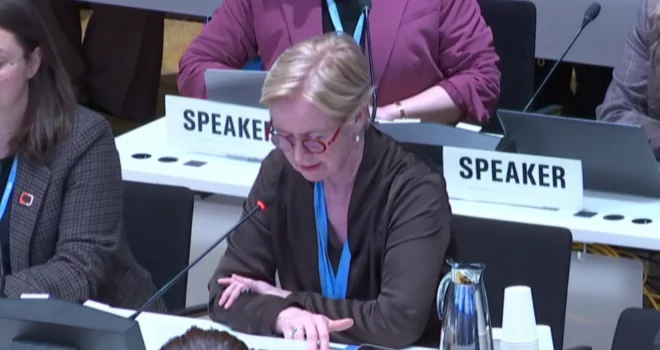GENEVA, 06 August 2025: Governments must scale up treatment for hypertension, which is one of the major risk factors of cardiovascular disease (CVD), to 500 million more people by 2030 to tackle the global CVD crisis and save millions of lives, according to the World Heart Federation (WHF).
The move is one of five key actions the WHF is urging governments to commit to when they meet in September at the United Nations High-Level Meeting on Non-Communicable Diseases (NCDs) and Mental Health.
World leaders are set to create a Political Declaration that outlines the commitments of UN Member states and guides the development of collaborative health policies aimed at tackling the growing burden of NCDs.
WHF’s CEO Finn-Jarle Rode says that this is a critical moment for global health and argues that “NCD strategies that do not have a stand-alone plan dedicated to tackling CVD are no longer acceptable for effectively addressing systemic risk factors.”
As part of WHF’s drive to highlight the importance of implementing concrete actions globally, WHF wants the UN meeting to commit to improving primary healthcare systems for better diagnosis, treatment and follow-up on hypertension, which is strongly linked to cases of CVD. In addition, it is calling for governments to address health inequalities, which could dramatically reduce deaths from CVD worldwide.
CVD claims around 20 million lives annually, more than any other disease, yet 80% of premature heart attacks and strokes are preventable. Despite the scale and urgency of this global health crisis, prevention and treatment efforts for CVD and other NCDs are severely underfunded, receiving only 1% to 2% of global health financing.
The WHF, representing close to 250 global members, is urging governments to commit to implementing five key actions as part of developing dedicated action plans for CVD:
-
Treat 500 million more people with hypertension by 2030, aiming for 50% hypertension control.
-
Tax tobacco, alcohol and sugar-sweetened beverages by at least 50% to reduce consumption and raise funds for health systems.
-
Implement the World Health Organization’s (WHO) 2021 air quality guidelines to reduce pollution and prevent millions of CVD deaths.
-
Address systemic health inequities and establish sustainable financing structures for cardiovascular disease management.
-
Commit to a 50% reduction in NCD-related deaths and disability across all age groups by 2050.
Finn-Jarle Rode, CEO of the World Heart Federation, says: “Cardiovascular disease continues to take a devastating toll on lives, economies, and health systems worldwide, especially in low- and middle-income countries, where 80% of CVD-related deaths occur.
“Of the 163 WHO states, only 16 currently have national action plans dedicated to heart health. With the framework presented at the UN High-Level Meeting, WHF aims to accelerate progress by equipping countries with the knowledge, tools and evidence to effectively and equitably strengthen healthy systems and prioritize CVD.”
NOTES TO EDITORS
About the World Heart Federation
The World Heart Federation (WHF) is an umbrella organisation of close to 250 members in more than 100 countries, representing the global cardiovascular community and uniting patient, medical, scientific, and civil society groups. WHF’s three-fold mission is to connect and lead the CVD community, translate science into policy, and stimulate knowledge exchange. For more information, visit https://www.worldheart.org
Media contacts:
Suezelle D’Costa, Associate Director, Hawthorn Advisors
s.dcosta@hawthornadvisors.com | +44 7395 357 869
Lisa Hadeed, Senior Communications Officer,
lisa.hadeed@worldheart.org | +41 22 512 0693

Learn More
Learn more about our priorities for this milestone event and how you can support the call for action.
